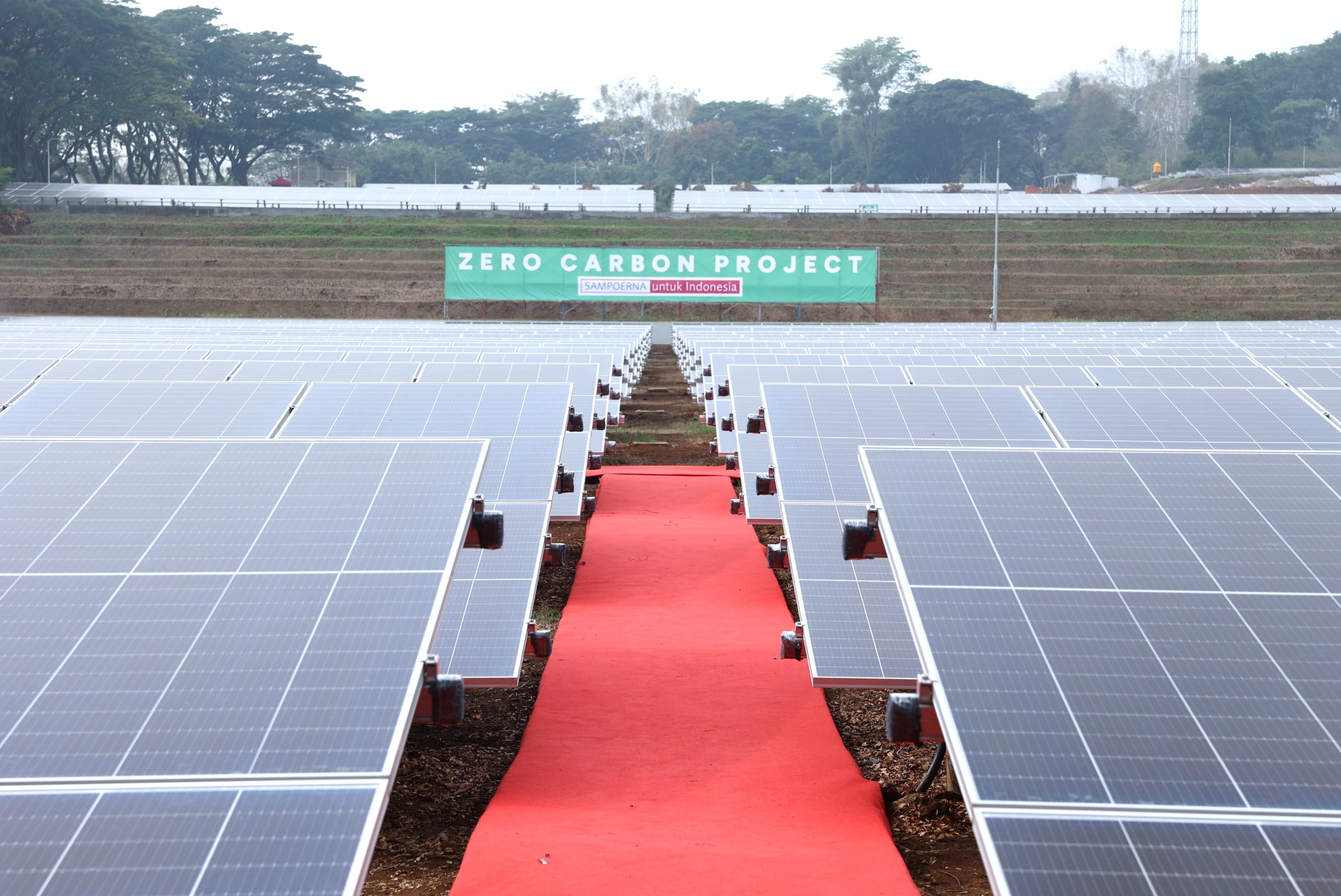Our Commitment towards Environmental Management
Sampoerna understands that climate change and global warming have created challenges for the entire supply chain, from tobacco farmers to our distribution network.
We believe that these challenges are also present in other agriculture-based manufacturing industries.
Recognizing that there are risks beyond the company’s operational sphere related to the environmental commitment, we take steps to balance our sustainability initiatives by reducing the environmental footprint within our operation area and preserving its sustainability.
Energy Efficiency
In terms of energy and Greenhouse Gases (GHG) emissions, Sampoerna is committed to following our parent company PMI’s goal to gradually transition our energy source to renewable energy at all production and operational facilities.
In order to achieve the GHG emission reduction target, Sampoerna has undertaken several initiatives to support electrical efficiency and process optimization at its production facilities, through the implementation of a Building Management System (BMS) and the use of a smart energy dashboard to monitor energy usage effectively.
As a form of commitment to fully convert to renewable energy as a source of electricity, Sampoerna uses a Solar Power Plant (SPP) and purchases electricity that has a Renewable Energy Certificate (REC) which is facilitated by the State Electricity Company (PLN).
Through a combination of these two approaches, all electricity supplies for the company’s production facilities under our management have completely (100%) clean energy.
Water Management Performance
Sampoerna understands that our factory operations may have an impact on the surrounding area’s water use. To maintain sustainability, we implement water conservation in every production facility and involve our relevant stakeholders in conserving water resources.To ensure the implementation of a good and efficient water management process from upstream to downstream, we applied the Alliance for Water Stewardship (AWS) standards at our production facilities in Karawang, West Java and Sukorejo, East Java. Water stewardship aims to maintain water resources and its surrounding environment’s sustainability through a collaborative process between parties.
Waste Management Performance
The Company’s target on waste management is to reduce its waste from operational activities, encourage recycling and responsible waste disposal.
By prioritizing initiatives to reduce the amount of production activity waste sent to landfills, the company was able to manage 99% of non-hazardous waste by the end of 2023, so that almost zero waste to landfills.
We implemented the Reduce, Reuse and Recycle approach as an effort to reduce waste in both our production and distribution facilities. The various initiatives we carry out include:
- Sorting waste in production facilities based on its nature and objectives.
- Repurposing solid waste into an alternative energy source such as biomass, biodiesel, or bioethanol.
- Managing hazardous waste according to existing regulations.
Sampoerna has a road map for reducing plastic waste as a form of our compliance with the Environment and Forestry Ministry’s regulations no. 75 of 2019 and supports the Government in reducing packaging waste up to 30% by 2029.
Sampoerna also consistently strives to increase its adult consumers’ awareness and behaviour in managing and reducing post-consumer waste through various initiatives and forms of communication.
We continue to involve various elements of society such as civil society organizations, environmentalists, and think-tanks as part of the company’s efforts to increase changes in our adult consumers’ behaviors.








